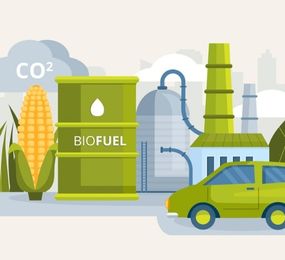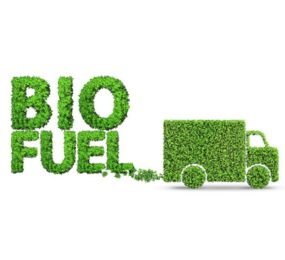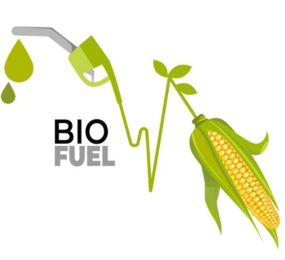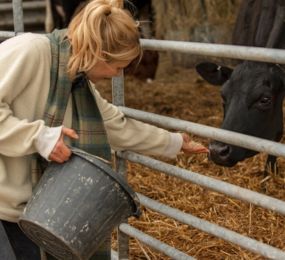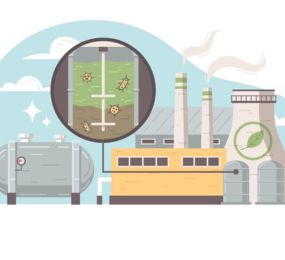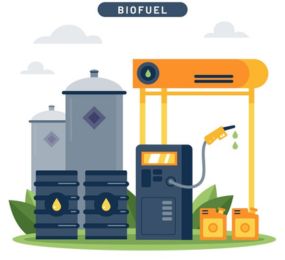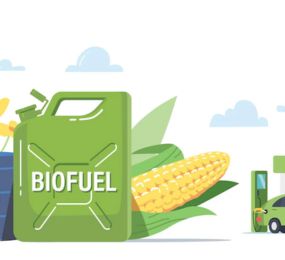Establishing a Sustainable Aviation Fuel (SAF) supply chain is a critical step towards greening the aviation industry. As the demand for eco-friendly alternatives in air travel rises, building a sustainable and resilient supply chain becomes paramount.
Feedstock Diversity: A sustainable supply chain begins with diverse feedstocks, including waste oils, agricultural residues, and advanced biofuels. This diversity ensures a reliable and consistent source of raw materials for SAF production.
Technological Advancements: Leveraging cutting-edge technologies is crucial for refining feedstocks into high-quality SAF efficiently. Continuous innovation in conversion processes, such as hydroprocessing and Fischer-Tropsch synthesis, enhances production efficiency and output.
Certifications and Standards: Adhering to stringent certifications like ASTM D7566 and the Roundtable on Sustainable Biomaterials (RSB) ensures the sustainability and quality of SAF. Meeting these standards is imperative for gaining acceptance in the aviation industry.
Logistics and Distribution: A well-organized logistics and distribution network is essential for transporting SAF from production facilities to airports. This includes addressing challenges related to infrastructure, storage, and transportation.
Policy Support: Governments and aviation authorities play a crucial role in fostering a sustainable aviation fuel supply chain. Incentives, mandates, and policy frameworks create an enabling environment for investment and growth.
Building a sustainable aviation fuel supply chain demands collaboration among stakeholders, technological innovation, and strategic policy initiatives. As the aviation industry embraces the shift towards sustainability, a well-constructed supply chain becomes the linchpin for greener skies and a more environmentally conscious future.
To register or learn more about the Forum please check here: https://bit.ly/3JyelAm
For more information and group participation, contact us: [email protected]



